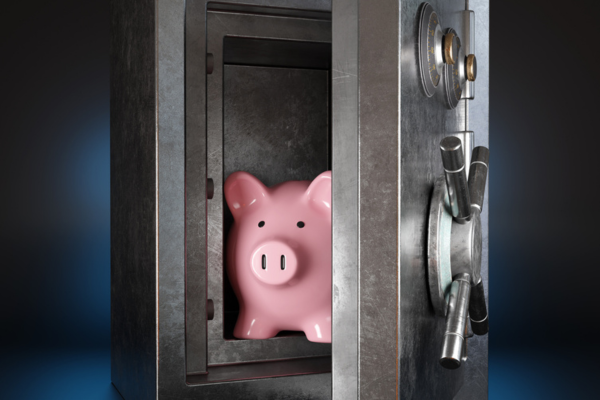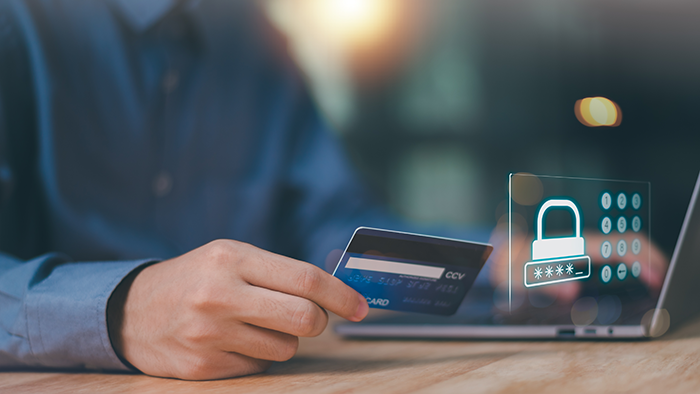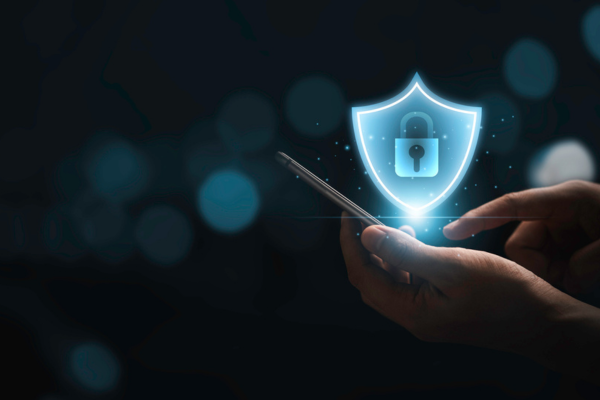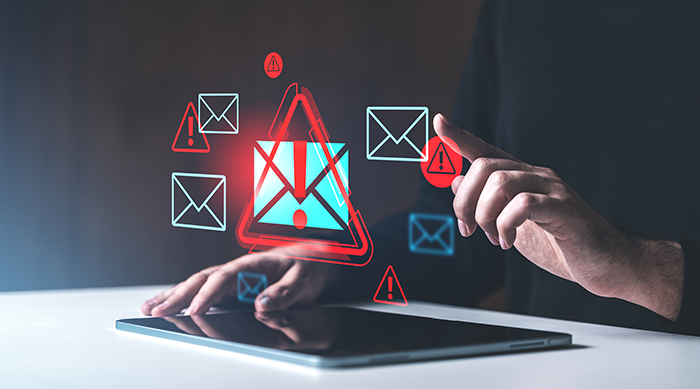
How FNB Protects You
First National Bank takes your online interaction and safety with us very seriously. We protect our secure computer servers with numerous firewalls along with specialized hardware and software that control communication between our computer network and that of our core processor. Firewalls are continuously monitored with sophisticated Intrusion Prevention and Detection software.Security through Multifactor Authentication
Along with FNB Online Connection Internet Banking, First National Bank utilizes a multiple layered security login process called Multifactor Authentication. This enhanced security feature is in response to the growing concern regarding sophisticated Internet threats such as spyware and other malicious programs designed to capture confidential information.

What is Multifactor Authentication?
It simply means we use multiple ways to verify the identity of our customers. It includes both:
- Something You Know - an User ID and Password
- Something You Have - your computer, smart phone or other device
When logging into your online banking on your computer, you will receive a message (text or voice) on your phone with a 6 digit code. You will be asked to enter this code to complete the login process on your computer. This feature takes the place of answering security questions when logging into online banking.
Why are We Doing This?
Federal agencies, including the Office of the Comptroller of the Currency, mandated that all providers of Online Banking services increase login security from single factor authentication (such as a password) to multifactor authentication. Therefore, all banks are required to utilize this level of security.
How we protect your personal information
Physical, electronic, and procedural safeguards that meet applicable regulation are in place to protect this information. Our employees are trained in the proper handling of private customer information. Third party providers used by FNB are required to sign agreements to protect the confidentiality of information we may submit to them. First National Bank is committed to safeguarding our customers’ financial information. Maintaining our customers’ trust and confidence is a top priority. To learn more about how we protect your information, you may view our privacy policy by clicking here.


Ways to Protect Yourself
In today's digital world, FNB is dedicated to protecting your financial information. Below are some ways to help protect yourself — both on and off the web.- Account monitoring through Online Banking or FNB Mobile Banking App.
- Set Up Notifi℠ Alerts
- Turn Your Debit Card on or off in the FNB Mobile Banking App
- Sign up for eStatements
Set Account Activity Alerts
Notifi℠ Alerts play a vital role in detecting potential fraud and identity theft by maintaining vigilant oversight of your accounts 24/7.
Easily set up personalized real-time alert notifications through your online banking. You have the flexibility to choose what alerts you receive, how you receive them (via email, text or push notification), and where you receive them (on your mobile device or through email).
Stay informed with:
- Security Alerts
- Balance Alerts
- Transaction Alerts
- Transfer Alerts
- Debit Card Alerts

Additional Security Information
Safeguard Your Personal Information
- Never give your Social Security number or other personal information about yourself to someone who calls you.
- Always shred receipts, bank statements and unused credit card offers before throwing them away. Review statements promptly for any unauthorized charges. Notify the bank if you are not receiving your monthly statements.
- Protect your PINs (don’t carry them in your wallet!).
Check Your Credit Report
- Order copies of your credit report often to ensure accuracy. The Fair and Accurate Credit Transactions Act (FACT Act) allows all consumers the right to obtain one free credit report from each of the three credit reporting agencies once a year.
- If you would like to obtain your free credit report, please visit www.AnnualCreditReport.com.
Email Safety
- Be extra cautious before clicking on any links or downloading attachments
- Be cautious when opening email you are not expecting, especially if it came from unknown sources. But don’t believe a link to be safe because you recognize the sender’s name. Certain malware types will harvest your address book and spoof the sender name to one you recognize. Or your friend’s system may be compromised and sending out malware without their knowledge.
- Use virus detection software.
Tips to Protect Yourself
- Do not click on web links or pop-ups.
- Regularly scan your computer for viruses and malware.
- Ensure your antivirus program contains malware protection.
- Ensure you have the latest security patches for your computer operating system.
- Do not open email messages or attachments from unknown senders.
- Do not click on email web links from unknown senders.
- Never reply to unsolicited emails or pop-up websites that ask for sensitive personal information.

Online Banking Safety Tips
FNB invests in technology and processes to ensure a secure electronic environment for all of your financial transactions. However, online security and protection of your identity and personal information is a team effort. That’s why we recommend you take steps to protect yourself and your computer from attempts to obtain your personal information electronically:
- Keep your computers and browsers current with the latest operating system updates and patches.
- A great way to keep your passwords secure is by using complex combinations that do not contain names or numbers that would normally be associated with you. Use a unique password for each service or website.
Remember - never share your password with anyone! - Make sure that your wireless internet connection and firewalls are up to date.
- Use only a secure wireless internet connection. If a public Wi-Fi hotspot doesn’t require a password, anyone can intercept your login credentials.
- Utilize up-to-date anti-virus and anti-spyware/malware products.
- Think twice before clicking on links or opening attachments of any suspicious emails or texts you may receive.
- Use Online Banking to check your account balance and transactions regularly. Notify us immediately of unexpected account activity.
